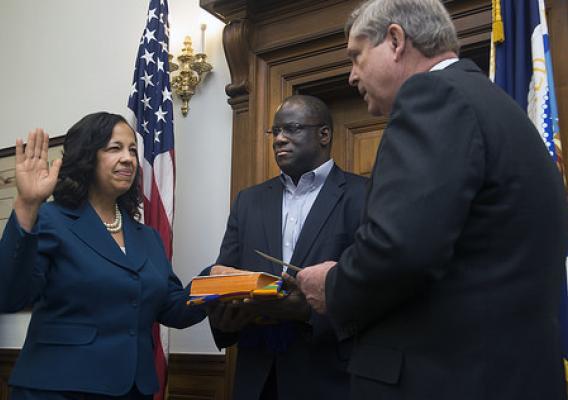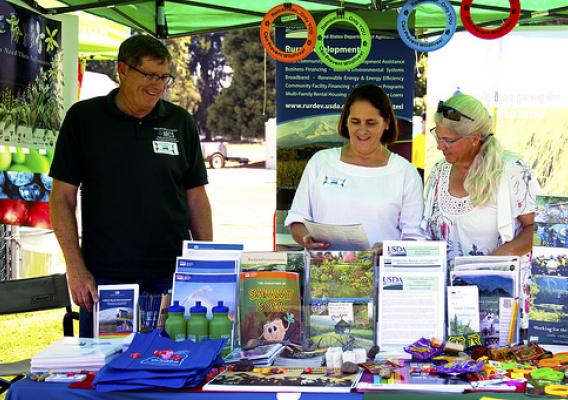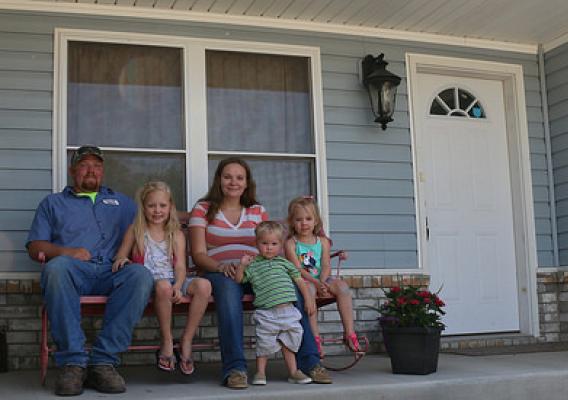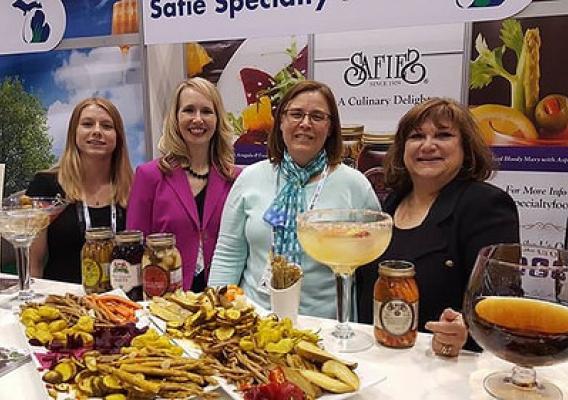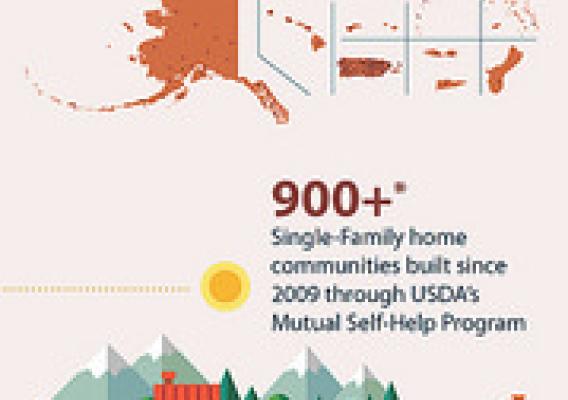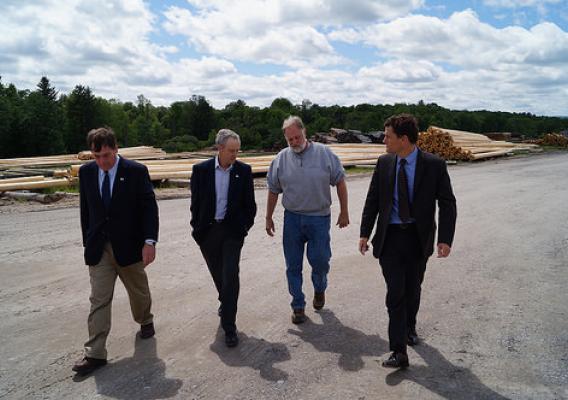Every month, USDA shares the story of a woman in agriculture who is leading the industry and helping other women succeed along the way. This month, we hear from Keyna Cisse Diop, the founder of Quali'Volaille, a poultry business in Senegal, West Africa. Passionate about engaging young women in agriculture, Keyna was selected for the prestigious Mandela Washington Fellowship, the flagship program of President Barack Obama’s Young African Leaders Initiative (YALI). After six weeks of courses at Purdue University, she is currently interning with USDA Rural Development in Columbia, South Carolina.
1. When did you become interested in the poultry business of Senegal?
My father has been raising poultry for more than twenty years and is very passionate about livestock production. With my degree in Business Administration, my desire to start my own business in Agriculture and his knowledge of poultry, I came up with the brand Quali'Volaille and we agreed to start producing on a larger scale.


